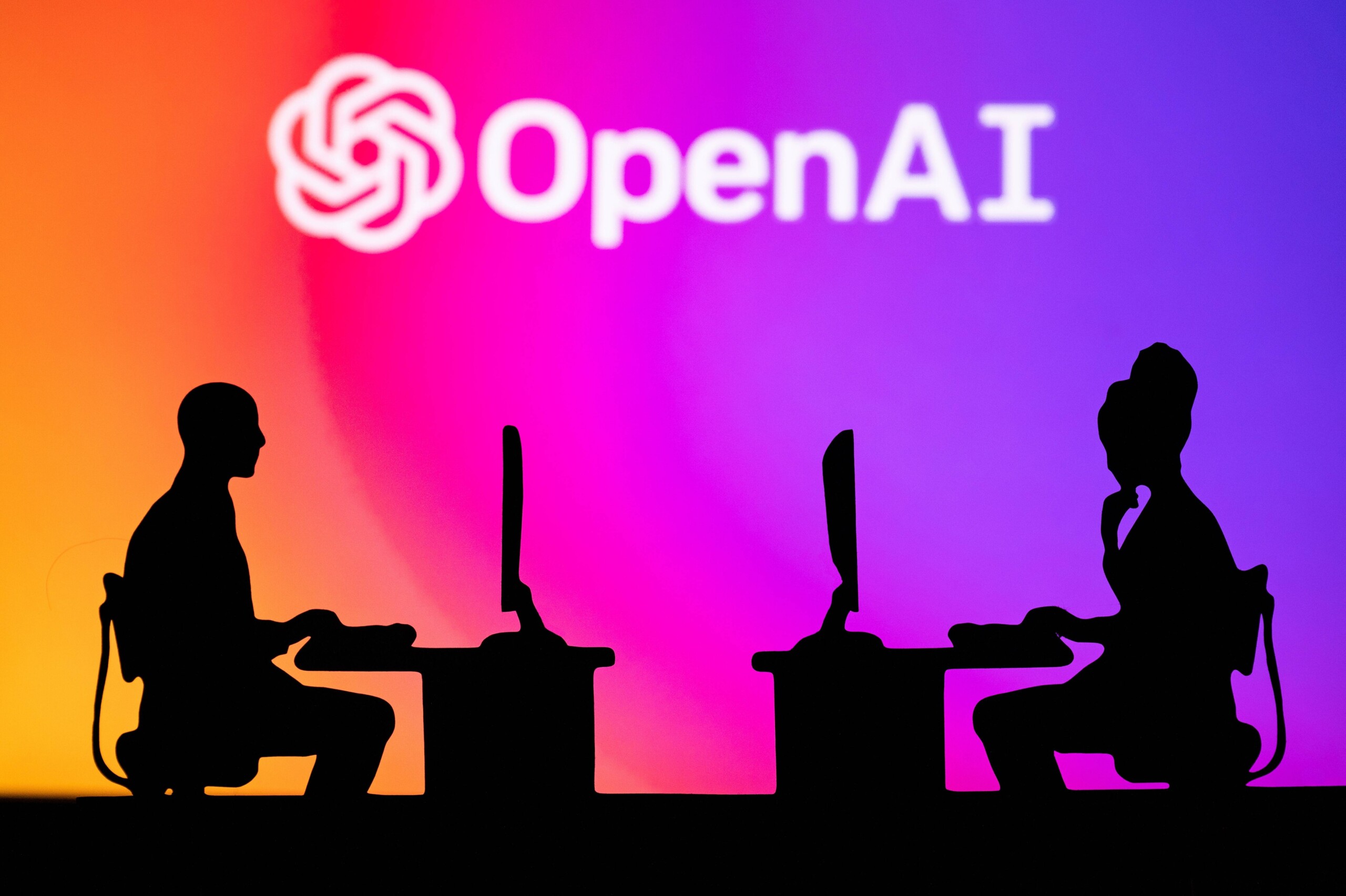Ohio State researchers are presently in the process of developing an AI software aimed at enhancing internet accessibility for individuals with disabilities.
The AI software, known as Mind2Web, is being developed to simplify complex online tasks through straightforward text requests, with a focus on improving internet accessibility for individuals with disabilities. Boyuan Zheng, a Ph.D. student in computer science and one of the study’s co-authors, highlighted that this innovative technology can assist users in accomplishing a wide range of online activities, including locating documents, scheduling medical appointments, exploring comedy movies on platforms like Netflix, and keeping up with social media personalities. Zheng likened the software to a virtual guide dog that navigates users through their online experiences, particularly benefiting individuals with visual impairments.
Moreover, apart from aiding individuals with disabilities, Zheng emphasized that the AI could also support those who may not be technologically savvy. He noted that while younger generations like Generation Z often take web search capabilities for granted, such tools may not be equally intuitive for everyone.
Looking ahead, Huan Sun, an associate professor of computer science and co-author of the study, envisioned a transformative impact on how regular internet users engage with online platforms. Sun expressed the potential for the technology to automate tasks and enhance productivity, thereby saving users time typically spent on mundane online activities.
The development process of the AI commenced with the creation of Mind2Web, a dataset enabling the software to execute tasks and acquire new skills. Unlike other AI agents trained on synthetic websites, Mind2Web was uniquely constructed using data from 137 authentic websites sourced from the internet. MindAct, the AI agent itself, utilizes sophisticated long language models to interpret human language and predict appropriate actions based on user inputs.
Despite the AI’s current success rate standing at 50%, Zheng conveyed optimism regarding the project’s progress and future prospects. He expressed enthusiasm for the ongoing work and the imminent realization of the AI’s practical implementation.






